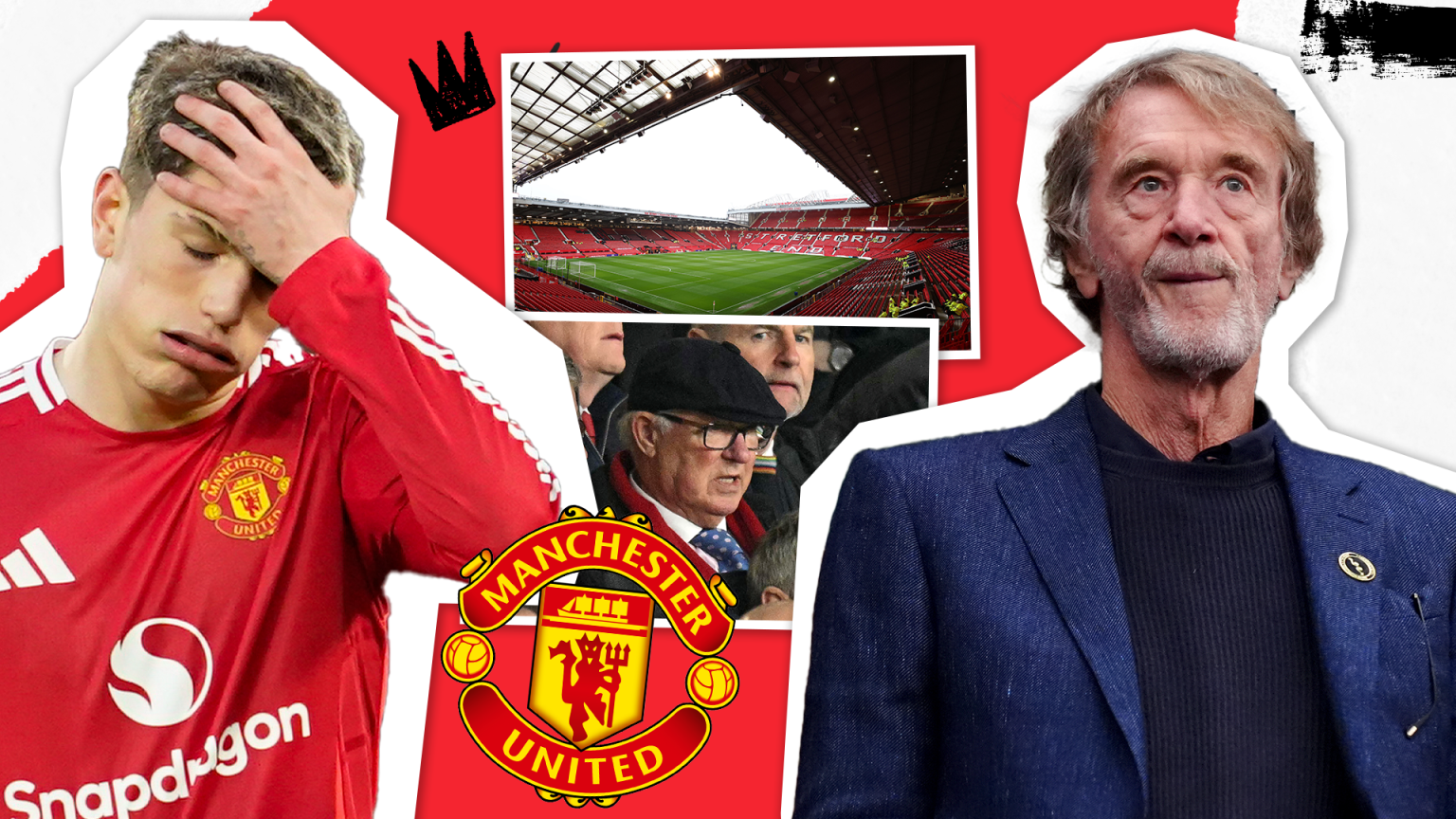Sir Jim Ratcliffe’s first year at the helm of Manchester United’s football operations has been a tumultuous one, marked by declining performance on the pitch, controversial cost-cutting measures, and a series of public relations missteps. The initial optimism that greeted his takeover, fueled by promises of returning the club to its former glory, has largely dissipated, replaced by growing fan discontent and a sense of unease about the direction of the club. The festive cheer that accompanied the announcement of Ratcliffe’s involvement last Christmas feels like a distant memory, overshadowed by a present filled with uncertainty and disappointment.
Ratcliffe’s tenure began with bold pronouncements of restoring Manchester United to the pinnacle of English, European, and world football. However, the reality on the pitch has been starkly different. United finds itself languishing in the bottom half of the Premier League table, a far cry from the dominant force it once was under Sir Alex Ferguson. The 3-0 home defeat to Bournemouth, met with boos from the Old Trafford faithful, epitomizes the current state of the club, highlighting the significant gap between ambition and achievement.
Beyond the poor results, Ratcliffe’s cost-cutting measures have further alienated segments of the fanbase. The axing of 250 staff members, purportedly to save £45 million annually, and the removal of Sir Alex Ferguson from his global ambassador role have been widely criticized. Ferguson’s diminished status, in particular, has drawn the ire of club legends like Eric Cantona, who publicly condemned the decision. These actions, coupled with rising ticket prices and proposed cuts to the budget for disabled supporters, have painted a picture of a club seemingly prioritizing financial prudence over its connection with its fans and its heritage.
The managerial merry-go-round has also contributed to the instability at Old Trafford. The handling of Erik ten Hag’s departure, initially assured of his position before being unceremoniously sacked with a substantial payoff, reflected poorly on the decision-making process within the club. The subsequent appointment of Ruben Amorim has yet to yield positive results, and the leaky roof incident during his post-match press conference against Bournemouth served as a symbolic representation of the broader issues plaguing the club.
Ratcliffe’s attempts to overhaul the footballing infrastructure have been similarly fraught with challenges. The rapid turnover of key personnel, including Dan Ashworth as sporting director, Omar Berrada as chief executive, and Jason Wilcox as technical director, suggests a lack of clear direction and strategy. While these appointments were intended to bring fresh perspectives and expertise, their short tenures have only added to the sense of chaos surrounding the club.
The summer transfer window, despite significant investment, has failed to deliver the desired impact. While Noussair Mazraoui has shown promise, the other expensive acquisitions, including Joshua Zirkzee, Matthijs de Ligt, and Manuel Ugarte, have struggled to justify their hefty price tags. This underwhelming recruitment drive has further exacerbated the frustration among fans, who see little return for the substantial outlay. Coupled with the ongoing uncertainty surrounding the proposed new stadium and the increasing tensions with supporters’ groups, Ratcliffe’s first year at Manchester United can only be described as a turbulent and disappointing one. The honeymoon period is well and truly over, and the pressure is mounting on Ratcliffe to deliver on his initial promises and restore the club to its former glory. The challenge ahead is immense, and the patience of the fans is wearing thin. The festive spirit of last Christmas has been replaced by a somber reality check, and the future of Manchester United under Sir Jim Ratcliffe remains uncertain.


